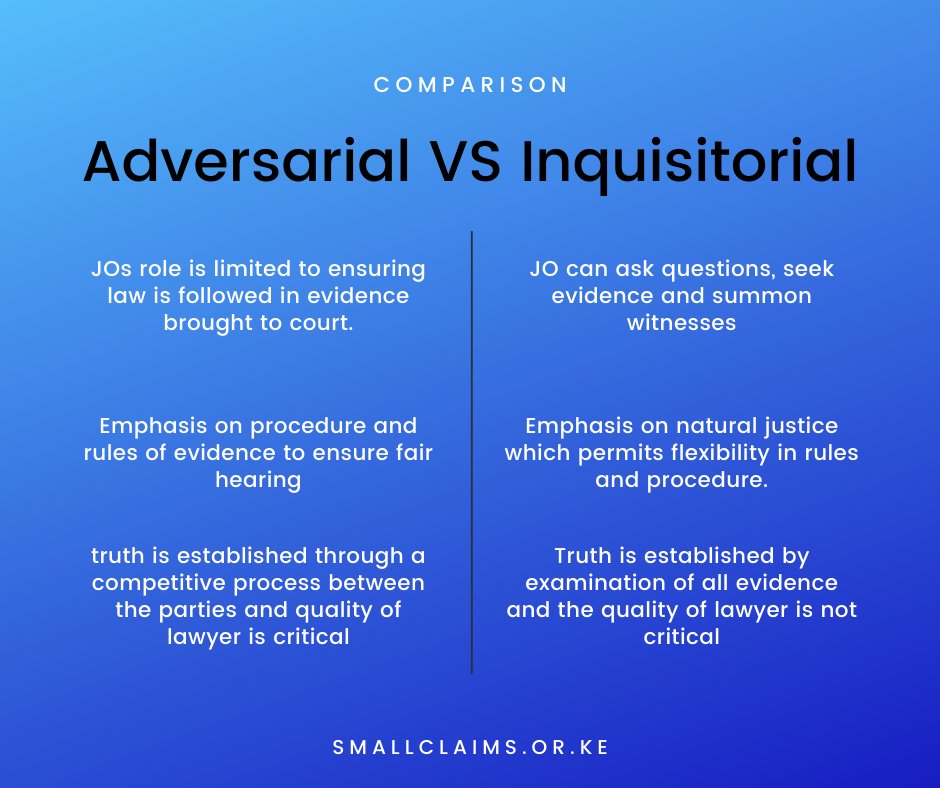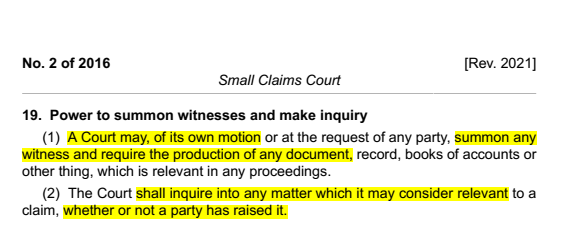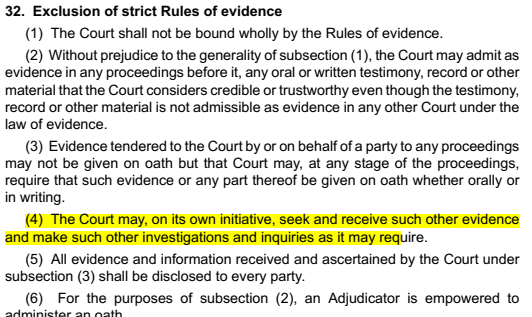
In less than 60 days you have filed your claim, served it, filed a return of service, attended court, made arguments, court has ruled in your favour, and you've extracted the decree in the #SmallClaimsCourt. But then the debtor tells you "I have no money". What next? 4 tips 🧵
1. Negotiate a payment plan. It's never great to receive a judgment award in bits, but it's far better than not to receive it at all. Formalize it through a formal agreement and incentivize early payment with a reducing balance interest clause in the agreement.
2. Accept less than the judgment as full payment. The easiest candidates to let go of are court awarded interest and costs, but you might also consider accepting a portion of the principal judgment if in your case a bird in hand is worth two in the bush.
3. Help the debtor find money. It could be an asset they forgot about or shares they have that they can liquidate, a refundable deposit being held somewhere or their own decree against someone, and you can even help them get a loan or a job. Win-Win.
4. Barter for goods or services. It's not a must that they settle the amount using cash. The debtor might have goods or services that you are in need of. You can agree to quantify and receive these in a way that satisfies the judgment debt.
Lastly, remember that as long as there are good faith negotiations, the goal of commercial/civil litigation is not to punish the debtor but to be compensated for legal injury. These tips can give you more tools in your arsenal at getting compensation for you or your clients.
• • •
Missing some Tweet in this thread? You can try to
force a refresh







